DMCA Ignored Hosting: Ensuring Digital Freedom in the Online World
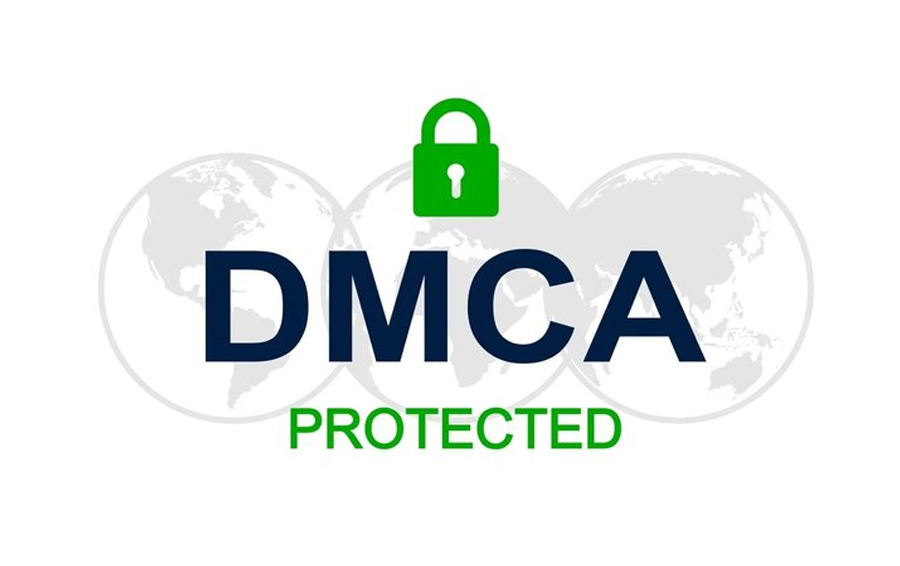
DMCA Ignored Hosting: Ensuring Digital Freedom in the Online World
In the ever-evolving digital landscape, the demand for secure and anonymous web hosting solutions has grown exponentially. Individuals and businesses alike are increasingly concerned about their online privacy and security. This has led to the rise in popularity of DMCA ignored hosting services, which provide a haven for content creators and website owners looking to protect their digital assets. In this article, we will delve into the world of DMCA ignored hosting and explore how it can empower you to safeguard your online presence while outranking other websites in the fiercely competitive digital arena.
Understanding the DMCA
Before we dive into the concept of DMCA ignored hosting, it's crucial to grasp the significance of the Digital Millennium Copyright Act (DMCA). Enacted in 1998, the DMCA is a United States copyright law that criminalizes the production and dissemination of technology, devices, or services intended to circumvent measures that control access to copyrighted works. It also heightens the penalties for copyright infringement on the internet.
The DMCA has had a profound impact on the internet and content creators. Websites hosting user-generated content are often required to promptly remove copyrighted material upon receiving a valid takedown notice to avoid legal repercussions. This creates a constant struggle for freedom of expression and creative content.
What Is DMCA Ignored Hosting?
DMCA ignored hosting, also known as offshore hosting, is a web hosting service that operates in countries with relaxed or non-existent copyright laws. These hosting providers deliberately choose jurisdictions where the DMCA or similar copyright laws do not apply. Consequently, they are not bound by the DMCA's strict regulations, enabling them to offer a unique proposition to their clients.
Key Benefits of DMCA Ignored Hosting
-
Content Freedom: One of the most significant advantages of DMCA ignored hosting is the freedom it provides to website owners. You can host content without constantly worrying about copyright infringement claims. This is especially crucial for websites dealing with sensitive or controversial topics.
-
Privacy and Anonymity: DMCA ignored hosting providers prioritize your privacy and anonymity. They do not require extensive personal information to create an account, and many accept cryptocurrency payments, further enhancing your online anonymity.
-
Protection from Takedowns: With DMCA ignored hosting, your website is less susceptible to DMCA takedown notices. While these hosting providers still adhere to local laws, they are less inclined to comply with international copyright claims.
-
Global Reach: Offshore hosting allows your website to cater to a global audience without being bound by the copyright laws of a single country. This can be a significant advantage for businesses looking to expand their online presence.
How Does DMCA Ignored Hosting Work?
DMCA ignored hosting providers set up their servers in countries with lax copyright enforcement. They choose jurisdictions where copyright laws are either weak or not applied to international clients. As a result, these providers can offer a wide range of hosting services with minimal interference from copyright holders.
To utilize DMCA ignored hosting, you typically follow these steps:
-
Choose a Provider: Research and select a reputable DMCA ignored hosting provider that aligns with your website's needs and content.
-
Select a Hosting Plan: Pick a hosting plan that suits your requirements, whether it's shared hosting, VPS hosting, or dedicated servers.
-
Register Your Domain: You can either register a new domain or transfer an existing one to your chosen hosting provider.
-
Upload Your Content: Once your hosting is set up, you can start uploading your content without concerns about DMCA takedowns.
-
Configure Security: Consider implementing additional security measures to protect your website from cyber threats and ensure a smooth user experience.
The Legal Implications
While DMCA ignored hosting provides a level of protection, it's essential to remember that it doesn't make your website immune to all legal actions. Hosting providers still adhere to local laws, and they may take action if your content violates those laws.
In an era where online privacy and freedom of expression are paramount, DMCA ignored hosting has emerged as a valuable solution for content creators and businesses seeking to protect their digital assets. With the freedom to host content without constant copyright concerns and the added benefits of privacy and anonymity, it's no wonder that DMCA ignored hosting is gaining popularity.
Best DMCA Ignored Dedicated Server Providers in 2023
In 2023, the demand for DMCA ignored dedicated server providers has continued to rise, driven by the increasing need for online privacy and freedom of expression. These providers offer a haven for individuals and businesses looking to host their content without the constant fear of copyright-related takedowns. In this article, we will explore some of the best DMCA ignored dedicated server providers in 2023, each known for its unique features and services.
**1. AbeloHost
AbeloHost has consistently ranked among the top DMCA ignored hosting providers. With a strong focus on privacy and security, they offer a range of dedicated server solutions in offshore locations. AbeloHost provides 24/7 customer support and boasts high uptime, making it an excellent choice for websites that require reliable and uninterrupted hosting.
**2. Njalla
Njalla takes a unique approach to DMCA ignored hosting by providing domain registration and hosting services together. They prioritize user privacy and allow you to register domains without revealing your personal information. Njalla's dedicated servers are located in countries with lenient copyright laws, offering enhanced security against takedowns.
**3. Flokinet
Flokinet is renowned for its commitment to digital freedom and privacy. They offer a wide range of dedicated server options in multiple offshore locations. With robust security features, including DDoS protection, Flokinet ensures the safety of your online presence. Their dedication to ignoring DMCA requests makes them a preferred choice for many.
**4. Shinjiru
Shinjiru is a well-established DMCA ignored hosting provider with data centers in various offshore locations. They offer both dedicated servers and VPS hosting options. Shinjiru is known for its strong commitment to user privacy and its refusal to comply with DMCA requests, ensuring your content remains secure and accessible.
**5. BlueAngelHost
BlueAngelHost has gained a reputation for providing reliable and secure DMCA ignored dedicated servers. They operate in countries where copyright laws are less stringent, offering an excellent environment for hosting a wide range of content. Their servers are equipped with advanced security measures to protect against cyber threats.
**6. Lylix Hosting
Lylix Hosting offers DMCA ignored dedicated server solutions with a focus on high-performance hosting. They have data centers in multiple offshore locations and provide customizable server configurations to meet your specific needs. Lylix Hosting is committed to maintaining the privacy and security of its clients.
**7. Snel.com
Snel.com offers a range of dedicated server options, including DMCA ignored hosting in select offshore locations. They prioritize user privacy and data security, making them a suitable choice for those seeking reliable hosting with minimal interference.
**8. Serveria
Serveria is a newer entrant to the DMCA ignored hosting scene, but it has quickly gained recognition for its commitment to privacy and its range of dedicated server solutions. They operate in offshore jurisdictions and offer competitive pricing.
Choosing the right DMCA ignored dedicated server provider in 2023 is essential for safeguarding your digital assets and ensuring uninterrupted online presence. Each of the providers mentioned here has its unique strengths, whether it's a focus on privacy, strong security features, or a wide range of server options. It's crucial to assess your specific requirements and budget before selecting the provider that best aligns with your needs.
Offshore Hosting FAQ: Your Guide to Secure and Private Web Hosting
1. What is offshore hosting?
Offshore hosting refers to web hosting services that operate in countries with lenient or non-existent regulations regarding online content and privacy. These hosting providers prioritize user privacy and often ignore requests to take down content, such as those based on the Digital Millennium Copyright Act (DMCA).
2. Why choose offshore hosting?
Offshore hosting is chosen for several reasons, including enhanced privacy, freedom of expression, and protection against legal actions like DMCA takedowns. It allows website owners to host content that might be subject to censorship or legal challenges in their home countries.
3. Is offshore hosting legal?
Yes, offshore hosting is legal in most jurisdictions. However, it's essential to understand the specific laws of the hosting provider's country and how they may affect your content. Ensure that your content complies with local laws to avoid potential issues.
4. How does offshore hosting protect my privacy?
Offshore hosting providers often require minimal personal information during registration and accept cryptocurrency payments, enhancing user anonymity. They also operate in countries with strong data protection laws, reducing the risk of data breaches.
5. What types of content are suitable for offshore hosting?
Offshore hosting is suitable for a wide range of content, including websites dealing with sensitive or controversial topics, adult content, and political dissent. However, it's crucial to adhere to the hosting provider's terms of service and local laws.
6. Are offshore hosting providers secure against cyber threats?
Many offshore hosting providers prioritize security and offer features such as DDoS protection, regular backups, and secure data centers. However, the level of security may vary, so it's essential to choose a reputable provider with a strong security track record.
7. Can I host a business website offshore?
Yes, you can host a business website offshore. In fact, offshore hosting can be advantageous for businesses looking to expand their global reach while maintaining privacy and security. Ensure that your chosen hosting provider offers the resources and support you need for your business website.
8. How do I choose the right offshore hosting provider?
When choosing an offshore hosting provider, consider factors such as server location, security features, customer support, uptime guarantees, and pricing. Read user reviews and conduct thorough research to select a provider that aligns with your specific needs and budget.
9. Can I transfer my existing website to an offshore hosting provider?
Yes, you can transfer your existing website to an offshore hosting provider. Most hosting providers offer migration services to help you seamlessly move your website and data. Be sure to follow their guidelines for a smooth transition.
10. Is offshore hosting more expensive than traditional hosting?
The cost of offshore hosting can vary depending on the provider and the services you require. While some offshore hosting plans may be more expensive than traditional hosting, others offer competitive pricing. It's advisable to compare options and choose a plan that fits your budget and needs.
11. Do offshore hosting providers offer customer support?
Yes, reputable offshore hosting providers offer customer support to assist with technical issues, account management, and other inquiries. Ensure that your chosen provider provides 24/7 support for uninterrupted assistance.
12. How can I ensure legal compliance with offshore hosting?
To ensure legal compliance, research the laws of both your hosting provider's country and your home country. Familiarize yourself with their regulations regarding online content, privacy, and intellectual property. Consult legal experts if necessary to avoid legal complications.






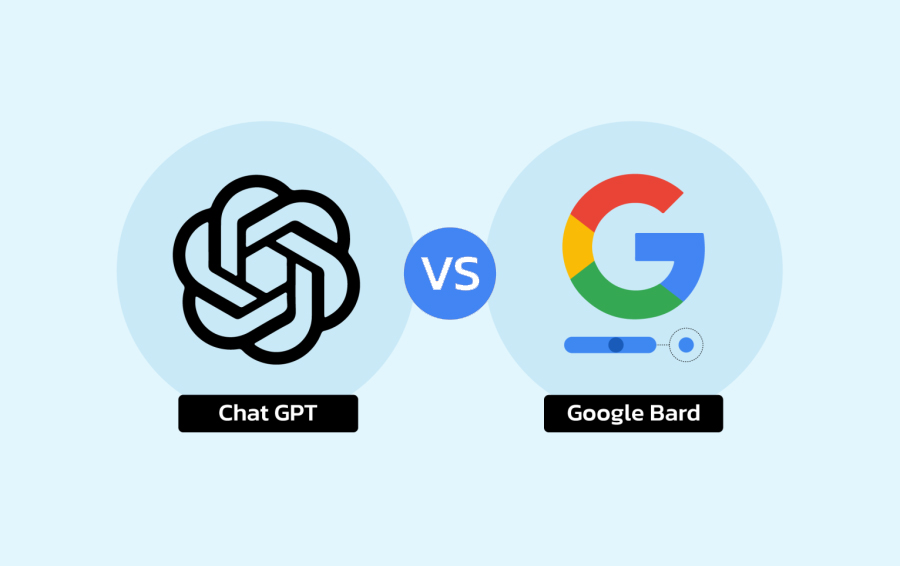


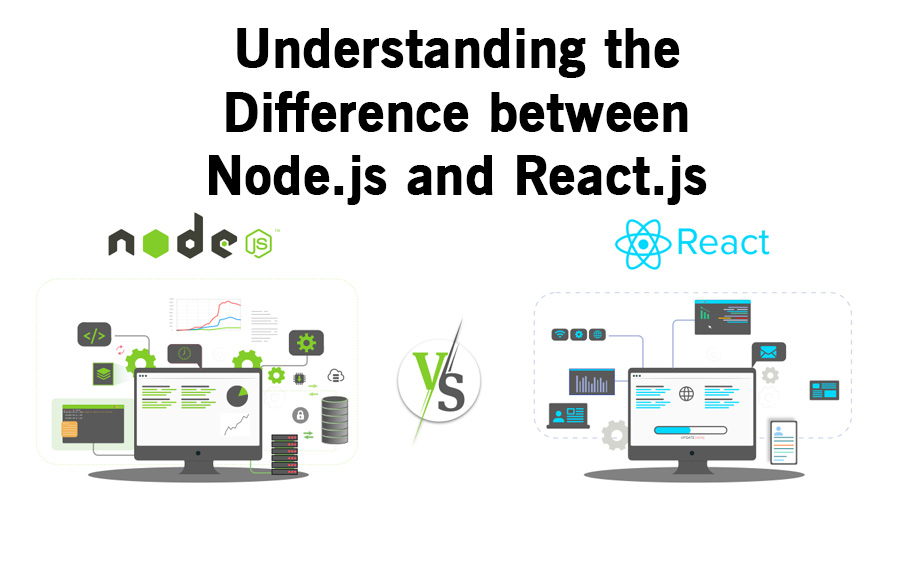




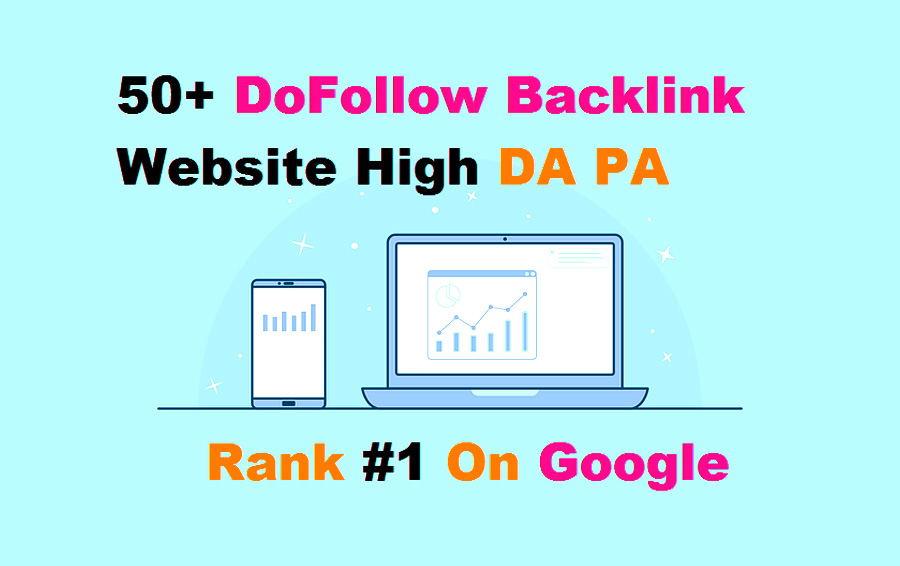








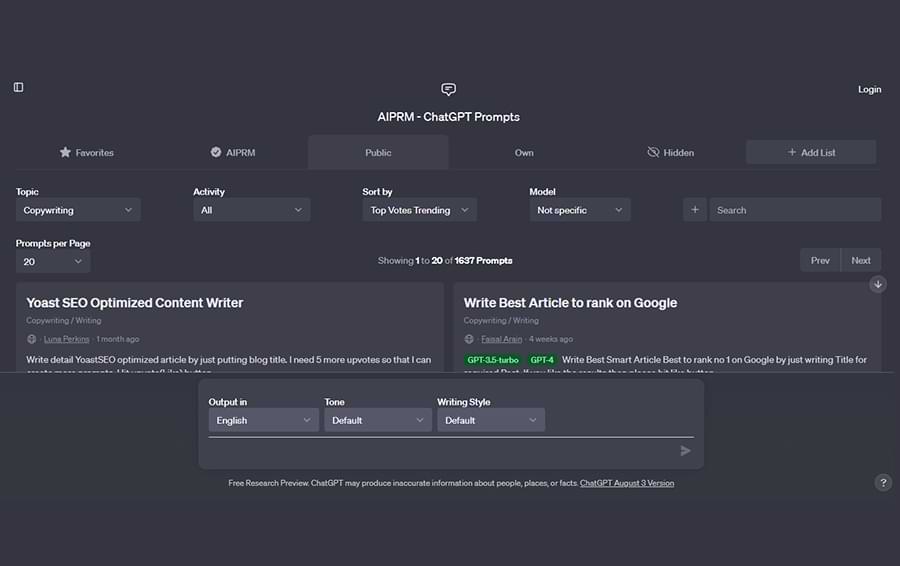







Comments
No Comments To Display
Leave a Comment